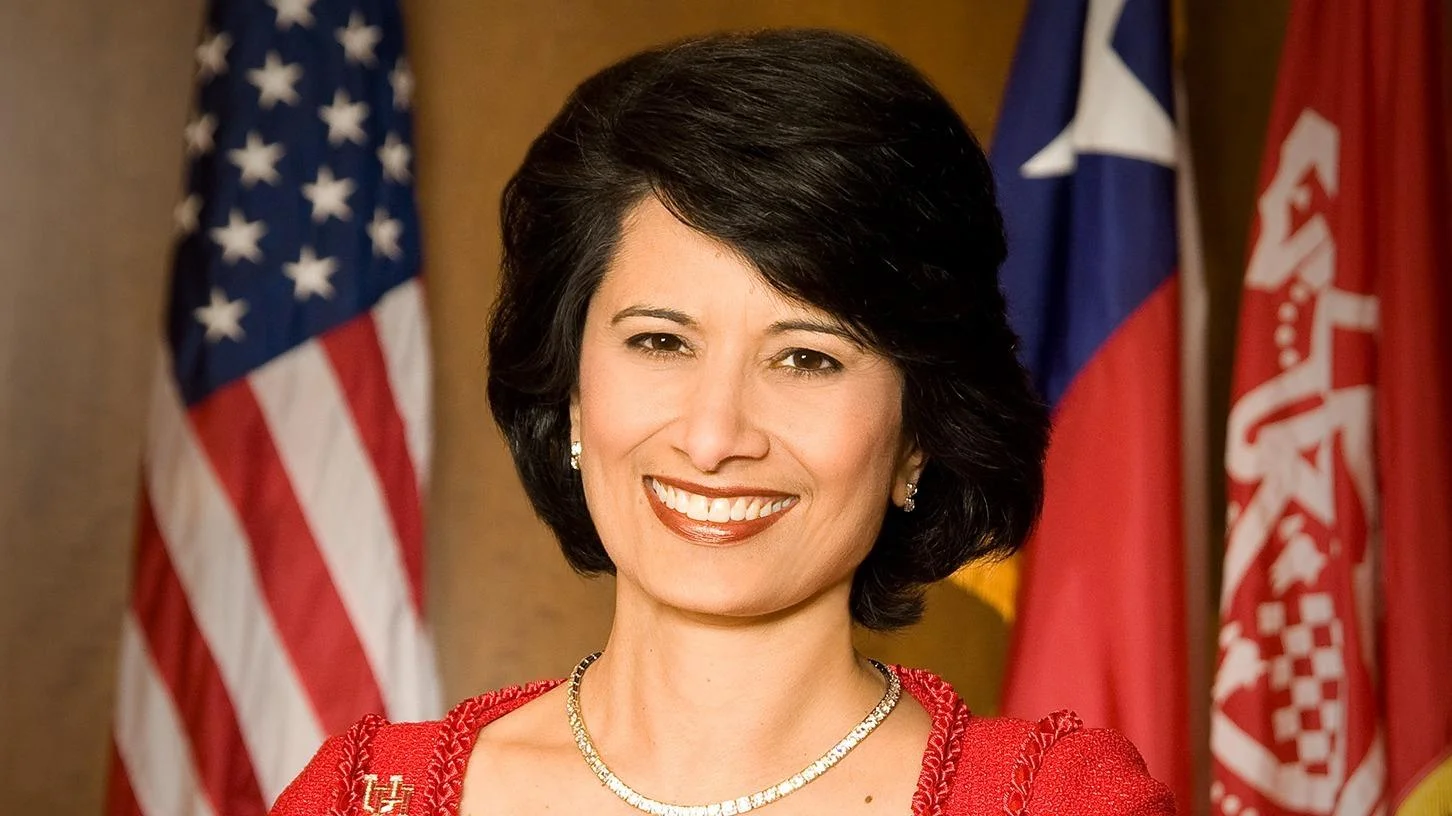Following months of contentious debate in the Texas Legislature last year, about two-thirds of the state’s residents now say they favor some proposals allowing parents to use taxpayer money to pay private school tuition. None of the proposals were approved last year, but Gov. Greg Abbott has vowed to try again in 2025.
Overall, about two-thirds of Texans support school voucher plans, with support higher among Republicans (73%) than Democrats (55%). Support is also notable among urban residents (67%), suburban residents (64%), and rural and semi-rural residents (63%).
Support for vouchers and educational savings accounts held steady across racial and partisan lines, although it is highest among Black Texans and Republicans, particularly so among Black and Latino Republicans. Almost three out of four Black Texans support proposals aimed at low-income families, while their support for proposals open to all families is only a few points lower.
Younger Texans, those earning $30,000 a year or less, those with children under 18, and those who describe themselves as born-again Christians also strongly back the proposals.
The survey was conducted by the Hobby School of Public Affairs at the University of Houston and the Executive Master of Public Administration program in the Barbara Jordan – Mickey Leland School of Public Affairs at Texas Southern University. It asked adult Texans about vouchers and educational savings accounts, as well as about common arguments for and against the proposals.
Jim Granato, dean and professor at the Hobby School, noted that support has risen since researchers asked the question in October. At that point, about 49% of Texans supported publicly funded vouchers. “There is across-the-board support, not only across racial and partisan lines but among urban, suburban and rural voters,” Granato said. “Rural residents, and the legislators who represent them have traditionally joined with urban Democrats to oppose voucher proposals but we found 63% of respondents in rural and semi-rural areas support vouchers open to all families along with 64% of suburban residents and 67% of urban residents.”
In general, Granato said Texans are more likely to support proposals that would make vouchers available to all families rather than those limited to low-income families; although this trend reverses among Black voters. “I think the major takeaway is that we are seeing an ongoing shift in attitudes about these programs,” he said.
Despite strong overall support, Mark P. Jones, political science fellow at Rice University’s Baker Institute for Public Policy and senior research fellow at the Hobby School said researchers found notable demographic differences. Support for vouchers open to all families is significantly higher among Black Democrats (66%) than among white Democrats (49%) or Republicans overall (73%) compared to Democrats overall (55%).
“Many supporters view the proposals as giving parents more control over their children’s education and as allowing children to attend better-performing schools,” Jones said. “Even people who are satisfied with their local public schools strongly support these proposals.” About half of Texans said they are satisfied with their local school district while 29% are dissatisfied. Just over half—51%—of white and Black residents rate their schools as satisfactory along with 47% of Latino residents.
Support was similarly unchanged by concerns that most respondents say these programs violate constitutional protections for separation of church and state or concerns about taking funding away from public schools. “People also agree with concerns about using public money for private schools with limited accountability which may fail to accommodate special needs students,” said Michael O. Adams director of the Executive Master of Public Administration graduate program at TSU.
Black Texans are more likely than Latinos or white residents to agree with these concerns Adams noted saying that 72% are concerned about lack of accountability for public funds while 70% believe these programs would draw money from public schools despite which they still show strong overall support given potential benefits such as providing alternatives for some families where 79% see better chances at quality education within failing public schools.
Among other findings:
- Among one-third strongly supporting school voucher legislation half agree with anti-voucher arguments concerning diversion from struggling public schools alongside limited accountability.
- Partisan support varied widely by race/ethnicity: White Democrats supporting a universal voucher program stand at 49%, Latino Democrats at 55%, Black Democrats at 66%. White Republicans show a broader approval rate reaching up-to 73%, followed closely by Latino Republicans at around 75%, while Black Republicans lead highest nearing approximately around81%.
- Born-again Christians show significant inclination towards universal family vouchers reflecting up-to approximately75%; contrastingly relatively lesser yet considerable endorsement remains evident amongst Protestant denominations generally aligning close-to roughly62%, similarly Catholics marking around approximately55%.
The full report can be accessed via Hobby School's website.
The survey conducted bilingually between June20-July1 involved participation from2'257 YouGov respondents aged eighteen plus bearing a margin error±2'.1 earlier reports included analysis on Texan voter perspectives regarding upcoming2024 presidential Senate races whereas forthcoming publications aim towards addressing housing immigration climate issues comprehensively.
###

